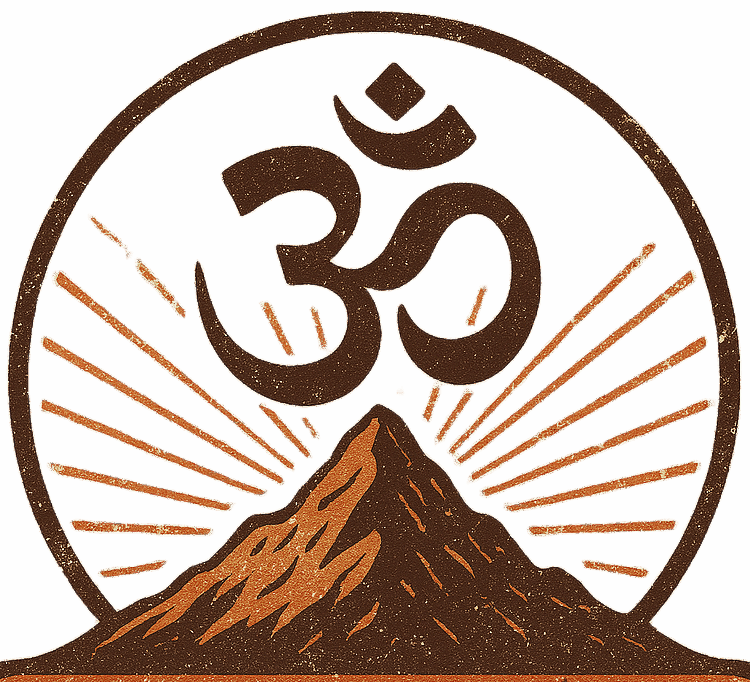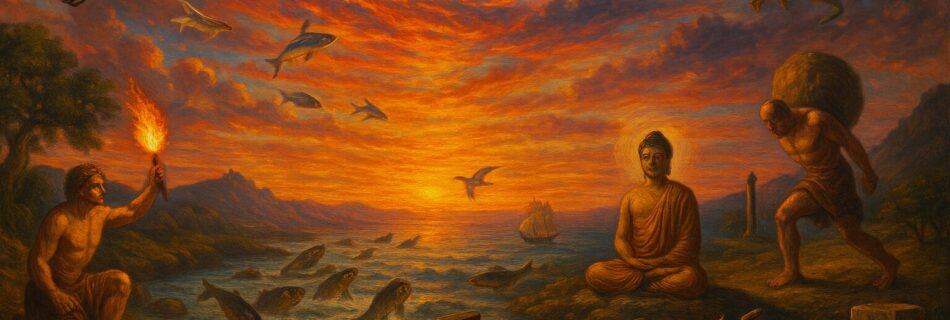Transformation of Time
Everydayness and Polypsychism everydayness, the dull hypnosis of everyday life polypsychism, the condition of multiple competing selves or egoes within the mind We find ourselves entranced by mechanical loops of living. Our sense of time is a major accomplice. The days of the week, the hours of the day, even the months of the year …

